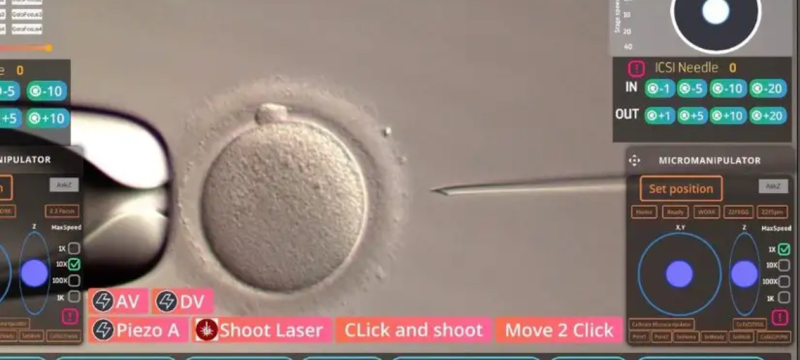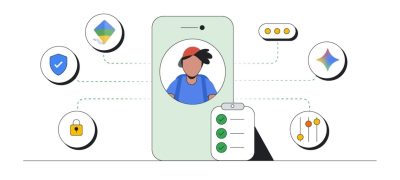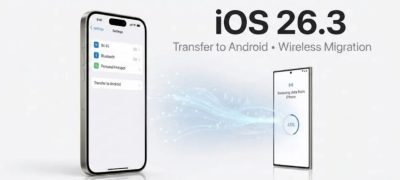In a groundbreaking development in reproductive medicine, a baby has been born following an IVF procedure primarily carried out by a machine—marking what researchers claim is a world first. The innovation, led by New York-based biotech firm Conceivable Life Sciences, could transform how fertility treatments are performed globally.
The machine completed 23 of the critical steps in intracytoplasmic sperm injection (ICSI), a delicate technique where a single sperm is injected directly into an egg. Supervised remotely by a human via livestream, the process involved pressing a button to initiate each step, reducing the risk of human error and fatigue.
Also Read: UK’s First Baby Born to Woman with Transplanted Womb Celebrated as a Miracle
Out of eight donor eggs fertilised—five by the automated system and three via traditional ICSI—all developed into embryos. An AI model selected two top-quality embryos, both from the automated batch. One failed to implant, but the other led to a successful birth.
Experts are calling it a promising proof-of-concept. However, reproductive scientists stress that more trials are needed to evaluate long-term success and compare effectiveness with traditional methods.









